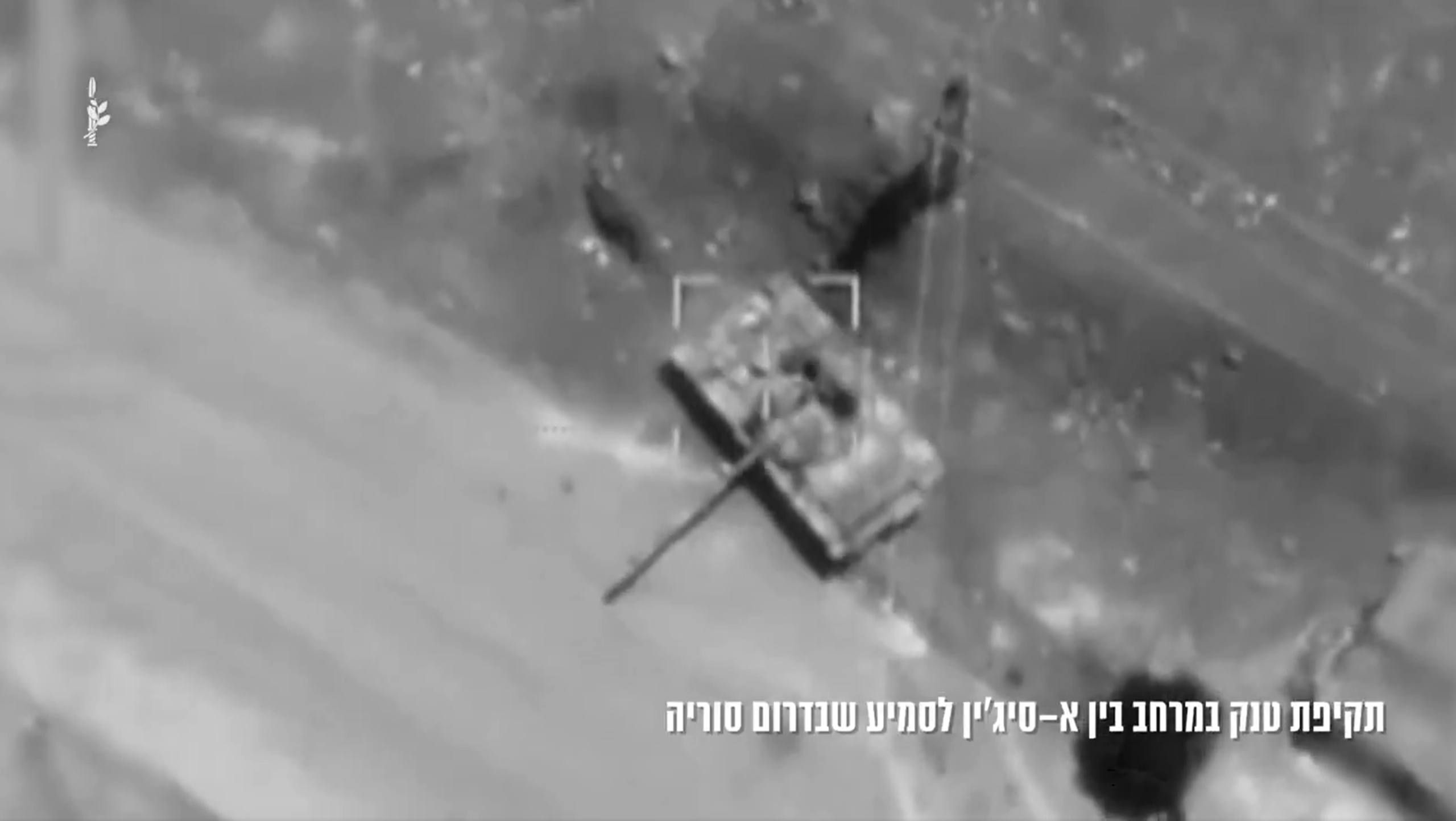Over 80 killed as sectarian violence worsens in Suwayda, drawing in Syrian government forces and Israeli strikes
SUWAYDA, Syria — What began as a series of retaliatory kidnappings has escalated into one of the deadliest bouts of violence in southern Syria since the fall of the regime of Bashar al-Assad, with at least 80 people killed and dozens more injured, as fierce clashes erupted between Druze militias, Bedouin tribesmen, and Syrian government security forces in and around the southern city of Suwayda.
The violence shattered a fragile peace in the province and prompted Israeli airstrikes, marking a rare intervention by Tel Aviv against Syrian forces involved in domestic unrest.
According to the Syrian Interior Ministry, the death toll included six members of General Security who were killed in an ambush — an event that catalyzed the full entry of government troops into the conflict. The toll has continued to rise, with independent monitors reporting as many as 89 fatalities, including children and elderly civilians caught in the crossfire.
The spark came earlier this week, when a Druze merchant was ambushed, beaten, and robbed by armed tribal men on the Damascus–Suwayda highway. In retaliation, Druze fighters reportedly kidnapped members of the tribes involved, prompting the latter to retaliate by setting up roadblocks and launching attacks in the city’s eastern quarters.
By Sunday evening, Suwayda’s Al-Maqous neighborhood had turned into a frontline. The Syrian Observatory for Human Rights reported intense exchanges of gunfire and shelling that engulfed homes and displaced hundreds. Entire families from the village of Al-Tayra fled to nearby towns like Al-Mazraa and Suwayda city.
As schools closed and government offices were suspended, the Ministry of Education announced the indefinite postponement of the national high school exams in the province.
In a stark shift, the General Security Directorate — normally tasked with intelligence gathering and public order — became an active combatant after six of its officers were killed in an ambush. According to state-affiliated sources, the Interior Ministry began deploying armored units to restore order, marking a dramatic escalation in government engagement with the unrest.
Sheikh Hikmat al-Hijri, the province’s revered spiritual authority, condemned the government’s actions as “a betrayal of the people” and accused it of “siding with takfiri militias” instead of protecting innocent lives. In a rare public address, he urged the international community to “intervene before Suwayda descends into total chaos.”
As the conflict spiraled, Israel launched airstrikes on Sunday targeting Syrian military tanks and artillery units operating in Suwayda province. The Israeli Defense Forces have yet to issue a public statement, but Israeli media cited protection of Druze communities as the rationale — a historically sensitive issue in Israel’s domestic politics due to its own Druze population.
The Associated Press confirmed the airstrikes, which are believed to have damaged multiple Syrian army positions.

The international community has issued urgent calls for de-escalation. Najat Rochdi, the UN Deputy Special Envoy for Syria, issued a plea for restraint and humanitarian access. “We are alarmed by the scale of violence and the involvement of multiple armed actors, including foreign states,” she said in a statement.
The United Nations Deputy Special Envoy for Syria, Ms. Najat Rochdi, expresses deep concern over reports of violence and abductions in Sweida, which have resulted in significant casualties.
— UN Special Envoy for Syria (@UNEnvoySyria) July 14, 2025
Though not direct participants, the Democratic Autonomous Administration of the Region of North and East Syria (DAANES) and the Syrian Democratic Council (SDC) both released statements expressing deep concern over the spiraling violence. DAANES emphasized the need for “a new national framework that respects local autonomy and protects civilians from sectarian manipulation.”
The SDC, the political wing of the Syrian Democratic Forces, condemned “sectarian policies” and urged all communities to resist being drawn into a “cycle of blood and retribution.”
At the time of publication, fighting has continued to intensify along four active fronts: Thaala, Hazm, Kanaker, and Ta’ara. Local sources reported heavy shelling targeting villages in Suwayda’s western countryside, carried out by units affiliated with the General Security Directorate, reportedly in coordination with allied militias from eastern Druco (Daraa).
The Syrian Ministry of Defense deployed significant military reinforcements to the area, including tanks, multiple rocket launchers, and unmanned aerial vehicles (UAVs). Visual evidence circulating on social media — including both photos and video footage — confirms the ministry’s direct involvement in what many have described as a brutal assault on rural communities in western Suwayda.
In one particularly stark development, the village of Al-Dour was reportedly forcibly emptied of its residents as Syrian Government Forces advanced and took control of the area. Activists on the ground say the offensive has resulted in widespread displacement, with civilians fleeing toward safer areas as heavy weapons continue to pound their villages.
Despite government reassurances, the situation in Suwayda remains volatile. Armed factions continue to mobilize, families are fleeing, and the risk of spillover into adjacent regions looms large.
With Israeli warplanes overhead and Damascus sending in reinforcements, the unrest in Suwayda may mark the beginning of a broader confrontation — one that tests the limits of Syria’s already fragile state apparatus.
As local voices clamor for international protection and independent investigations, the rest of the world watches uneasily, aware that Suwayda may well be the next flashpoint in Syria’s unending tragedy.
























